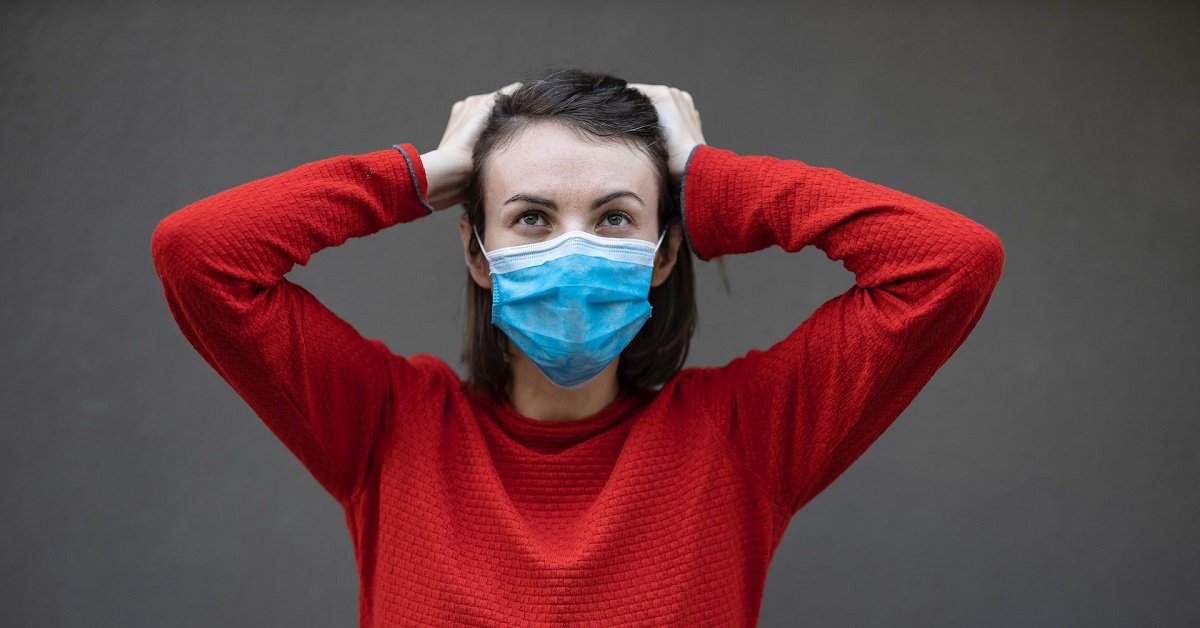
The flu is an infection that affects the respiratory system including your nose, throat, and lungs. It is brought on by a virus that is quickly transmitted from one person to another. The flu is typically more prevalent during the colder months of the year. Are you a student or planning to join a college or university? Keep reading to find out how to avoid freshers’ flu.
How do I know if I have the flu?
People typically feel worse when they have the flu than they do when they have a cold. The majority of people begin to feel unwell about two days after first coming into contact with the flu virus. They could’ve:
- A fever that comes on suddenly
- Chills
- Runny nose
- Dizziness
- Headache
- Muscle aches
- Loss of appetite
- Tiredness
- Weakness
- A cough
- Sore throat
- Nausea or vomiting
- Ear pain
- Diarrhoea
Additionally, babies with the flu may suddenly appear cranky or “not look right.”
What causes the flu?
The flu, derived from the name ‘influenza’ is mainly caused by the influenza virus. It spreads when contaminated droplets from coughing or sneezing are breathed in by other people. The droplets can also fall on objects like shopping carts or doorknobs, infecting anyone who touches them.

Is the flu contagious?
The flu is highly contagious. People can transmit it from the day before they start to feel ill until their symptoms have subsided. For adults, this lasts around a week; however, for young children, it may last longer.
The flu usually occurs annually, causing an epidemic. When a disease spreads swiftly and infects many people in a region at once, it is called an epidemic. The outbreak varies from year to year in severity and scope. A pandemic is an epidemic that spreads globally. This is far less often.
What’s the best way to avoid freshers’ flu?
- Drink a lot of fluids, especially water and tea – This will help the body cleanse and heal itself.
- Get adequate sleep – Your body works hard to repair, enhance, and restore your energy while you are asleep. Try to get at least eight hours of sleep per day.
- Keep tissues and nasal spray with you at all times – A blocked nose can be a pain, especially in the classroom, where it can irritate other students. Additionally, using and discarding tissues will assist prevent the transmission of germs.
- Take a night off – It can be tempting to attend social gatherings every night during the first few days or weeks of college or university but try as much as possible to avoid some so that you can rest. Your body will need it.
- Always carry a scarf or hat – The wind and cold weather should not be disregarded. To prevent the condition from growing worse, wrap up warmly.
- Avoid alcohol – Although it may be difficult to do so during fresher’s week, drinking while sick will make your body feel worse.
Why do illnesses spread so quickly at universities?
College and university campuses have excellent breeding grounds for contagious diseases, making it difficult to stop the spread of these diseases there. Students share meals and drinks in the dining halls, live in close quarters, and have intimate interactions while in class. Outbreaks can spread rapidly in these environments.

How to avoid freshers’ flu?
Book your appointment with or visit your nearest Knights Pharmacy branch to get vaccinated and learn how to avoid freshers’ flu. You can also shop online at Chemist.net for products to relieve your symptoms from a cold and the flu.
This post was written on behalf of Knights Pharmacy by Pharmacy Mentor



